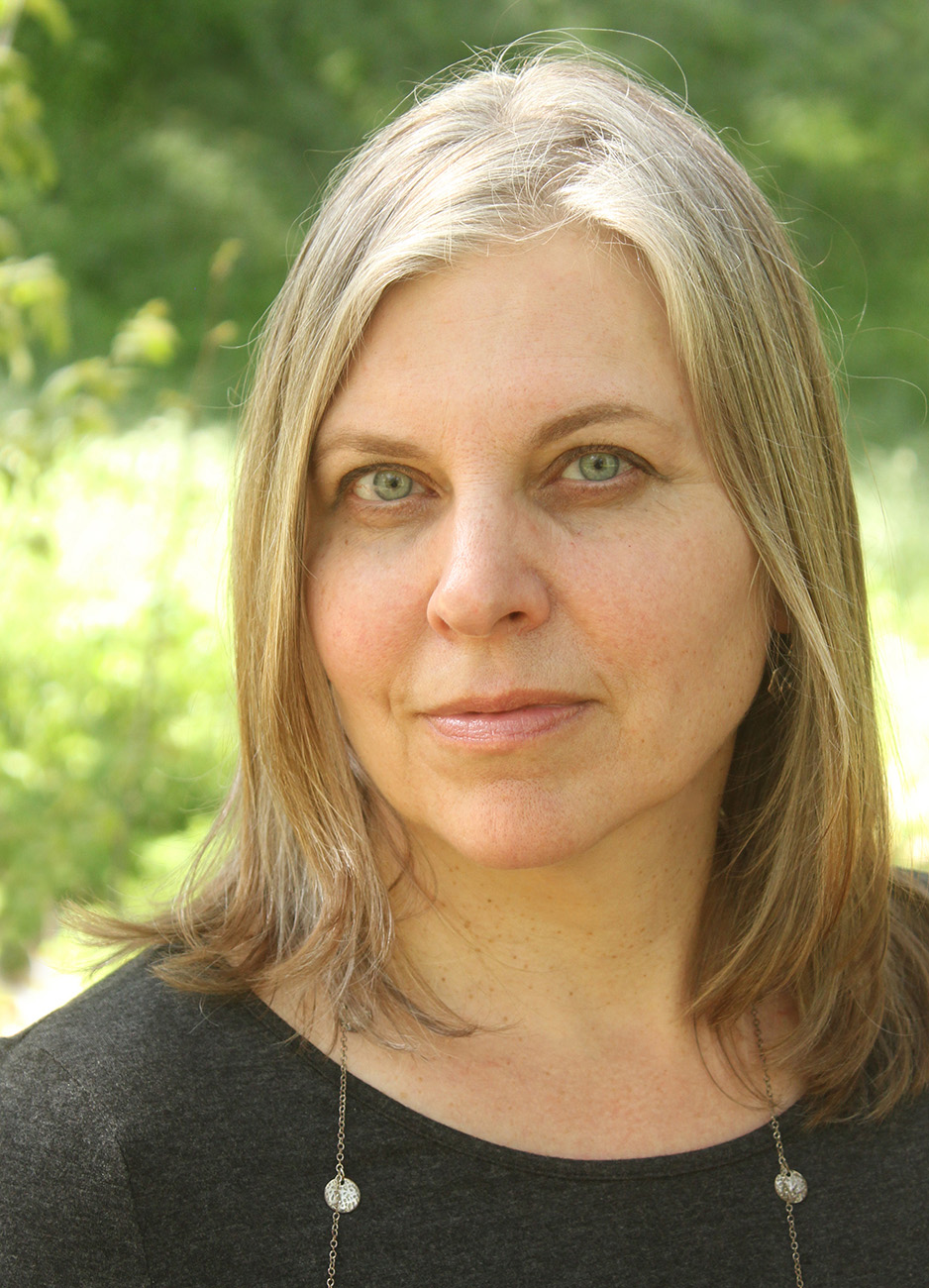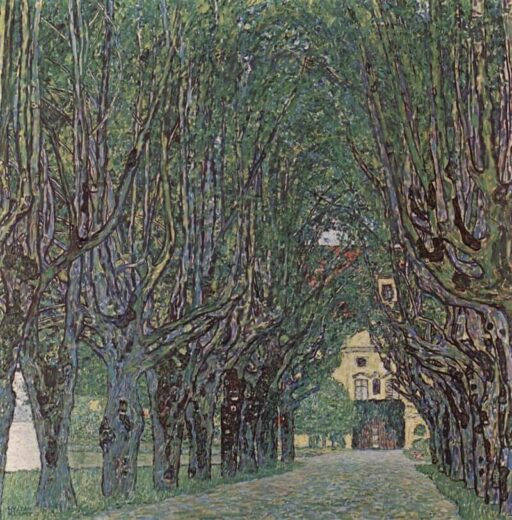Like many people, I have experienced mental health challenges, life transitions and decisions, heartbreak, trauma, loneliness, shame and secrets. As a child, I was called different, shy and sensitive, and I felt the acute pain of being an outsider. After passing through the land of mid-life, I now see these qualities as a strength – even a gift. I find meaning and purpose in offering support and tools for others in their journeys. I entered this profession after working many years in education, non-profits, and corporations, and can offer the perspective of diverse work and life experience.
About
“Beauty saved my life”– Mary Oliver
“There is no way of telling people they are all
walking around shining like the sun…”– Thomas Merton
My “why” for being here is simple – this is collaborative work that can make a difference in improving people’s lives and that can improve the quality of relationships in the world. I love art and science, and here I get to combine both. Psychotherapy is a “liminal space” (from the Latin root word, limens, meaning “threshold) -- neither here, nor yet there, transitional, and in-between, in movement to the unknown that holds something better, something desired. As people begin this inner journey, there are limitless possibilities: grow roots of stability, heal the past, imagine the future, feel the relief and beauty of just being present, tolerate ambiguity, embrace change, discover hidden strengths and wisdom. I love witnessing these individual discoveries and progress. It gives me hope for the state of the world.
“What you can do is often a matter of what you will do.”– Norton Juster, The Phantom Tollbooth
Besides being a therapist, I feel joy when designing my permaculture garden, playing with color on a canvas or in a room, writing, restoring an old house, taking pictures on walks, and occasionally rereading a banned book like The Phantom Tollbooth for its sly wisdom. I am a natural introvert with stealth humor. I am a community activist and work to improve the quality of life and connection through homeless/unhoused advocacy and nature conservation. Read my emerging blog to find out more about how I view life both personally and psychologically. Because after all, I’m finding my way every day like you!

Education
• Occidental College, A.B. English Literature, Biology Minor
• Pacific Oaks College, M.A. Marriage and Family Therapy, LatinX Family Studies Specialization
• Pacific Oaks College, M.A. Marriage and Family Therapy, LatinX Family Studies Specialization
Licenses
Marriage & Family Therapist (MFT)
# 84484 California
# 2021045347 Missouri
# 84484 California
# 2021045347 Missouri
Special Training
• Eye Movement Desensitization Reprocessing (EMDR)
Amen Brain Certification Course (Dr. Daniel Amen of the Amen Clinics)
• Highly Sensitive Person-Informed Study (Elaine Aron, PhD)
• Certificate in Narcissistic Abuse and Survivor Treatment
(Sandra L. Brown, LMFT of the Institute for Pathological Relationships)
• Ecopsychology Certificate, Pacifica Graduate Institute Online
• Horticultural Therapy Certificate Courses (Horticulture Therapy Institute,CO.)
• End-of-Life Doula Professional Certification, University of Vermont Online
Amen Brain Certification Course (Dr. Daniel Amen of the Amen Clinics)
• Highly Sensitive Person-Informed Study (Elaine Aron, PhD)
• Certificate in Narcissistic Abuse and Survivor Treatment
(Sandra L. Brown, LMFT of the Institute for Pathological Relationships)
• Ecopsychology Certificate, Pacifica Graduate Institute Online
• Horticultural Therapy Certificate Courses (Horticulture Therapy Institute,CO.)
• End-of-Life Doula Professional Certification, University of Vermont Online

MY APPROACH
My scope of practice and competence under my license includes the Western medical practice of diagnosis for mental health conditions. Human beings do not function like a textbook description, however. Your situation will also include more nuanced and fully human processes, relationships, history, and events in life. I do not work from a pathologizing perspective, but from a creative collaboration on your perceptions and understanding – incorporating internal and external factors and observations.
Psychotherapy includes your evolving understanding of the ways these elements combine very specifically to move you toward a more easeful body/mind state, and a more content life. We cannot change what happened (or didn’t), but there is psychological growth and a reorienting that can result. Growth is a process, and includes learning skills to regulate your body, emotions, and mind, to improve your relationships and make better decisions.
Psychotherapy is meant to help you know yourself better (this is the “gnosis” in diagnosis)– and by extension, your relationships to others and life in general. I work to identify goals with you and ensure some focus and direction, but as with all life processes, these may shift along the way. I mainly use traditional models and theories – most of which are listed below. These are recognized as effective, evidence based concepts, and importantly – validate what we are constantly learning about brain function, human interaction, and body/mood regulation.
Psychotherapy includes your evolving understanding of the ways these elements combine very specifically to move you toward a more easeful body/mind state, and a more content life. We cannot change what happened (or didn’t), but there is psychological growth and a reorienting that can result. Growth is a process, and includes learning skills to regulate your body, emotions, and mind, to improve your relationships and make better decisions.
Psychotherapy is meant to help you know yourself better (this is the “gnosis” in diagnosis)– and by extension, your relationships to others and life in general. I work to identify goals with you and ensure some focus and direction, but as with all life processes, these may shift along the way. I mainly use traditional models and theories – most of which are listed below. These are recognized as effective, evidence based concepts, and importantly – validate what we are constantly learning about brain function, human interaction, and body/mood regulation.
For example, EMDR is an evidence-based gentle therapy that combines different foundational theories to ignite mind-body connection, reduce distress from trauma of many types and degrees, and diminish the pain of past experiences as well as anchor more stability throughout neural networks of the body. Depth psychology strategies and orientation (imagery, dreams, nature symbolism and encounters, literature, reactions to art and current happenings) are part of a rich inner life, and emotion, too. They may spark your memory, life experiences, and desires. Existential theory opens up the psychological and cognitive space for the “big questions” of purpose and meaning in life. I am not here to say there is meaning for you if you don’t believe there is. It is my role to conscientiously companion you along the way, not to dictate any direction.
Psychotherapy is very much a science and an art, and derives from both of these fields of human study and activity. I encourage people I see to take their personal growth “out of the room”, to enliven it into their daily lives and draw inspiration for healing from life itself and what it presents you. This is where life and psychotherapy come alive and we can find joy and contentment. While psychotherapy is not the only way to explore insight, relief, change, or acceptance, it has its place in our culture as a process that facilitates mental and emotional flexibility and renewal. Its roots are in indigenous wisdom circles, mentoring, and it is a living process of change, tears and laughter. Learning to live in ambiguity and uncertainty can be uncomfortable, but it is probably the best skill we can develop in a complex and changing world.
Psychotherapy is very much a science and an art, and derives from both of these fields of human study and activity. I encourage people I see to take their personal growth “out of the room”, to enliven it into their daily lives and draw inspiration for healing from life itself and what it presents you. This is where life and psychotherapy come alive and we can find joy and contentment. While psychotherapy is not the only way to explore insight, relief, change, or acceptance, it has its place in our culture as a process that facilitates mental and emotional flexibility and renewal. Its roots are in indigenous wisdom circles, mentoring, and it is a living process of change, tears and laughter. Learning to live in ambiguity and uncertainty can be uncomfortable, but it is probably the best skill we can develop in a complex and changing world.